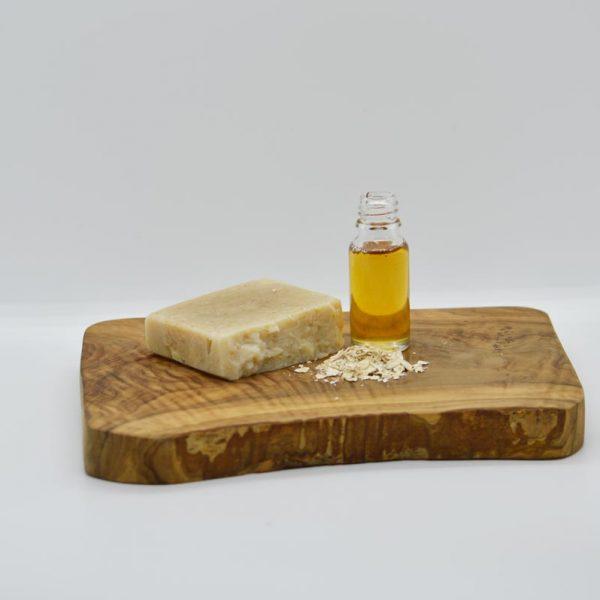
Handmade soaps are beautiful and unique creations. These types of soaps Gaden Botanics are usually made from ingredients such as lavender, essential oils, and essential waxes, as well as various other natural ingredients. Handmade soap is also called artisanal or custom made soap. Today, handmade soap is increasing in popularity due to people are getting more interested in natural, eco-friendly products, and are searching for ways to bring back into nature in modern times, by recapturing a number of “green” history.
People have been making handmade soap made from natural ingredients for centuries. The first humans to use the ingredients from around the globe were known as Paleoindians and lived in the areas now known as the United States, Russia, and parts of Central Europe. Soap making was one of the main industries for these groups of people and is still done today. It was only natural that the ingredients used in making homemade soap would eventually migrate to other regions and become part of the worldwide marketplace.
With the widespread availability of synthetic detergents and other industrial cleaners, natural ingredients for soap making have become rarer. Soap makers learned that they could make a more effective cleansing product by combining oils and lye with water. They mixed water and oil with lye to form a liquid soap that could be used to wash clothes, dishes, and more. They used lavender, aloe vera, and various other plants and oils to add fragrance to their bars. The oils and scented bars were used as additives for many of their recipes. Recipes have varied over time but always included essential oils and/or fragrances.
Commercial soap companies took these products and began adding glycerin, a natural ingredient that made the handmade soap smell better. Glycerin is still added today, even though most commercial soaps have removed it. Glycerin is added because it slows down the evaporation process of glycerin. Also, glycerin allows for more consistency in the thickness and weight of commercial soap bars.
Commercial soapmaking was expensive for many people because they did not have much money, to begin with. Soap making was a job for upper-class citizens and wealthy families. People had to be very precise when they were adding essential oils and other ingredients to their bars. This became a very skilled job that required many years of study. Some soap makers were able to become very skilled in only a few years of practicing.
Today’s soaps are made with ingredients that do not contain glycerin and many of them have no oils at all. These soaps would not attract moisture if they did have any oil in them. Many of the soaps that you see on the market today do not contain glycerin. They use other ingredients such as aloe vera or fragrance oils. The manufacturers can get away with using cheaper products since glycerin attracts moisture and slows down the evaporation process.
Some of the ingredients in the best handmade soaps do not have any positive effect on the skin at all. Glycerin does not react with some of the chemicals used in skincare products and does not cause a chemical reaction on the skin. This makes handmade soap one of the healthiest products on the market today. There is no risk involved with using any of the handmade soaps.
There are many different kinds of handmade soaps that are made around the world. Each company will place a label on the container stating where their company originates from. This is to ensure the customer that their products are not made in a sweatshop. Some of the major companies that make these handmade soaps include; Calgon, Unilever, glycerin, and propylene glycol. These popular companies all use natural plant-based ingredients in their products.
